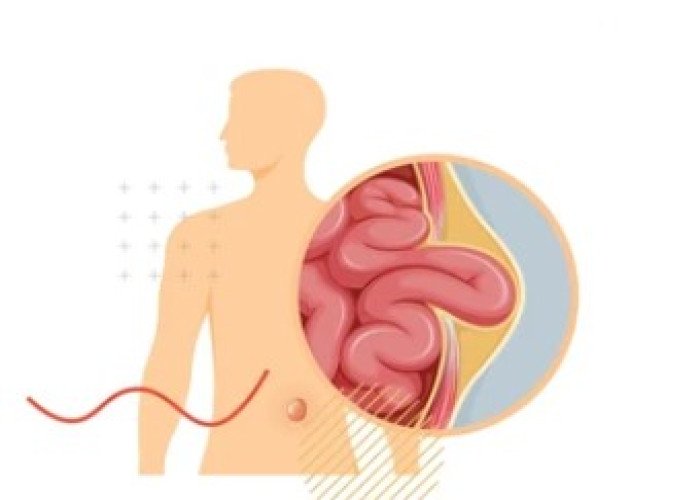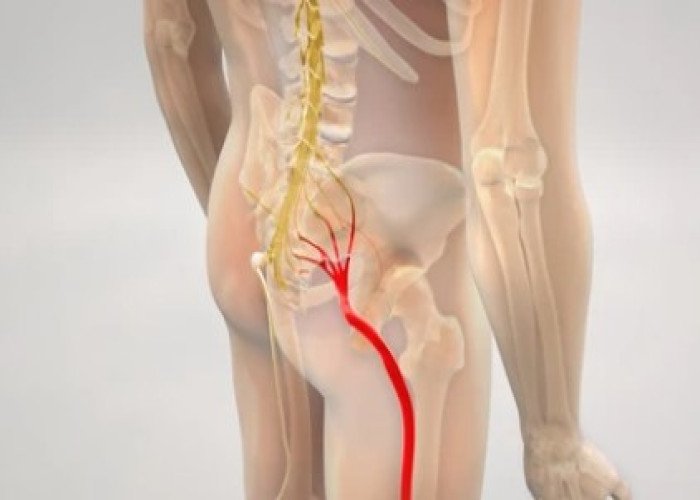 Welcome
Welcome
“May all be happy, may all be healed, may all be at peace and may no one ever suffer."
Fat gain or obesity - Yoga remedies
Fat gain or obesity is a condition in which an individual has excess body fat that can affect their overall health and well-being. It is typically diagnosed using the body mass index (BMI), which is a measure of body fat based on height and weight.
Obesity can be caused by a variety of factors, including genetics, lifestyle choices, and medical conditions. Some common risk factors for obesity include a poor diet that is high in calories and low in nutrients, lack of physical activity, stress, and certain medications.
Obesity can increase the risk of many health problems, including heart disease, stroke, type 2 diabetes, high blood pressure, and certain types of cancer. Treatment for obesity may include lifestyle changes such as eating a healthy diet and increasing physical activity, as well as medications or surgery in some cases.
Preventing obesity involves making healthy lifestyle choices such as eating a balanced diet that is low in sugar and saturated fats, getting regular physical activity, and managing stress. It is also important to avoid unhealthy habits such as smoking and excessive alcohol consumption.
It is important to consult a healthcare provider if you are concerned about your weight or if you are experiencing any symptoms related to obesity or other health conditions. They can help you to develop an individualized plan to manage your weight and improve your overall health.

Cholera

Hoarse voice

Cough

Urinary stones

Rheumatism

Intestinal muscle weaknes...

Arthritis in the legs

Sciatica
Fat gain, obesity, মেদ বৃদ্ধি, স্থূলতা
To be happy, beautiful, healthy, wealthy, hale and long-lived stay with DM3S.




